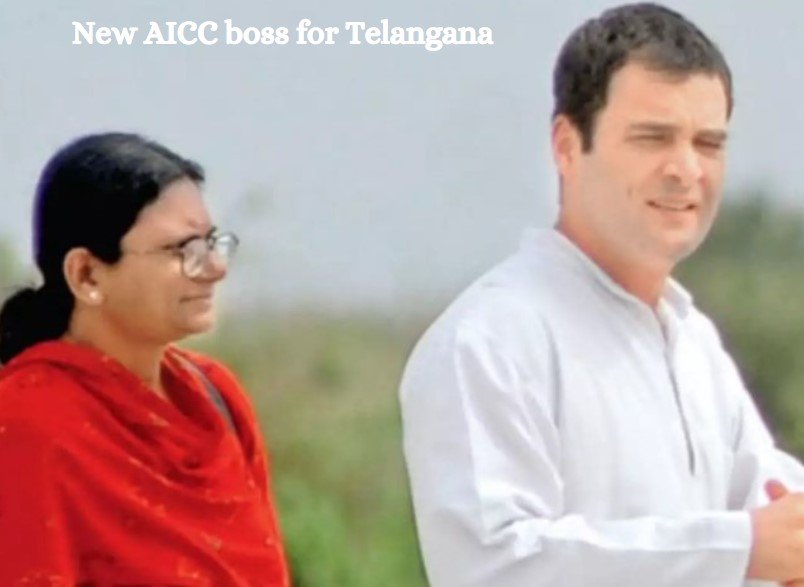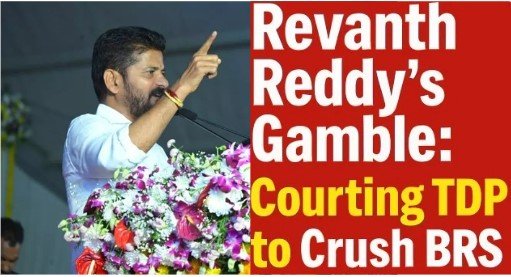The Congress party’s recent decision to replace Deepa Dasmunsi with Meenakshi Natarajan as the AICC in-charge for Telangana has sparked significant interest and discussion among political observers. This move, while not entirely unexpected, indicates a strategic shift in the party’s approach to dealing with internal conflicts and preparing for upcoming elections.
Several factors contributed to the dissatisfaction with Dasmunsi’s leadership. Many state Congress leaders felt that her leadership style was overly interventionist, often stepping into both party and governmental matters. This approach led to friction and discontent among the party’s rank and file. The growing dissatisfaction was evident in the voices of various local leaders who openly called for a change in leadership.
In response to these growing concerns, the Congress high command decided to appoint Meenakshi Natarajan as the new in-charge for Telangana. Natarajan, a close confidant of Rahul Gandhi, is known for her organizational skills and her ability to connect with grassroots workers. Her appointment is seen as a move to bring fresh energy and a new perspective to the party’s efforts in Telangana.
Natarajan’s immediate challenge will be to unify the faction-ridden state unit and prepare it for the critical local body elections. The party has been struggling to regain its footing in Telangana ever since the formation of the state in 2014. The rise of the Telangana Rashtra Samithi (TRS) and its charismatic leader, K. Chandrashekar Rao, has significantly weakened the Congress’s influence in the region.
But ten years of BRS rule in Telangana, the anti-incumbancy factior it failed to outwit and the failure of BJP to encash the dwindled electoral fortunes of the KCR family, helped in tilting the balances in favour of the Congress Party at the hustings in 2023. But the Congress Party leadership in its 14-month rule seem to have generated more disillusionment by failing to reach out to the Congress support base and to fulfill the promises made by it lavishly.
To counter this, Natarajan will need to focus on building a strong, cohesive team that can effectively communicate the party’s vision and policies to the electorate. She will also need to address the internal issues that have plagued the party, such as infighting and lack of coordination among different factions.
The Congress party’s ability to adapt and address these challenges will be crucial for its success in the upcoming elections. Natarajan’s leadership will be put to the test as she navigates the complex political landscape of Telangana. Her success or failure in this role will have significant implications not only for the Congress party in Telangana but also for its overall strategy in Southern India.


